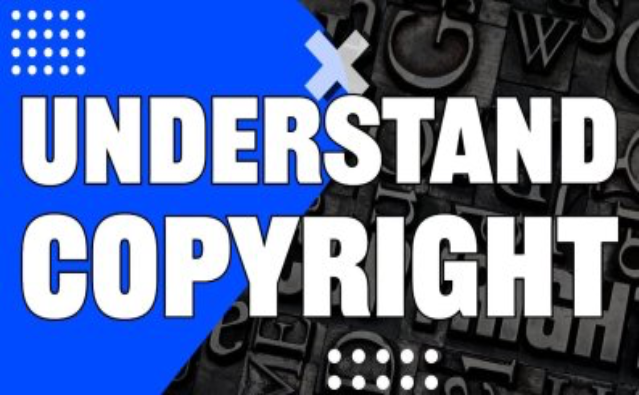Understanding DMCA Music: A Content Creator's Guide to Copyright-Free Music
Content creators face significant risks when using copyrighted music. From demonetization to channel termination, the stakes are high. Learn how to protect your content with DMCA-free music options and understand the evolving landscape of music licensing.

In today's digital content landscape, music plays a crucial role in enhancing viewer experience. However, for content creators and streamers, using copyrighted music can lead to serious consequences. This comprehensive guide explores DMCA-free music options and helps creators navigate the complex world of music licensing.
The DMCA Challenge
Content creators, particularly those on platforms like YouTube and Twitch, face significant risks when using copyrighted music without proper authorization. The consequences can be severe, ranging from demonetization to complete channel termination. For YouTube creators, receiving three copyright strikes can result in channel deletion – effectively erasing years of hard work and content creation.
This harsh reality emphasizes the importance of understanding DMCA (Digital Millennium Copyright Act) regulations and finding legitimate ways to incorporate music into content. Smaller and mid-sized content creators are particularly vulnerable, as they often lack the resources to fight copyright claims or recover terminated channels.
What is DMCA-Free Music?
DMCA-free or copyright-free music refers to musical content where the artist or creator has granted blanket permission for usage in various contexts. This permission allows content creators to use the music without fear of future copyright claims or legal issues. However, it's crucial to maintain proper documentation proving your right to use specific music tracks.
Platform-Specific Challenges
Twitch's handling of DMCA issues has been particularly controversial. Despite operating for over eight years, the platform only began seriously addressing music copyright concerns in 2020-2021. Their initial solution – recommending that creators delete all VODs (Video on Demand) containing copyrighted music – was met with significant backlash from the community. This approach forced many streamers to eliminate years of content history, highlighting the importance of maintaining backups and diversifying content across multiple platforms.
YouTube has developed a more sophisticated approach to copyright management through its Content ID system. While not perfect, it's considerably more advanced than Twitch's solution, having benefited from over a decade of iterations and improvements. The system allows creators to dispute false copyright claims, remove or mute copyrighted content, and work with rights holders to maintain monetization.
The Financial Stakes
Using copyrighted music without permission carries substantial financial risks. Copyright violations can result in fines of up to $25,000 per instance, making non-compliance an expensive gamble. Rights holders may not take immediate action, but they can build cases over time, potentially leading to massive financial penalties.
Protecting Your Content
To safeguard your content and channel, creators should use verified DMCA-free sources like Epidemic Sound, which offers legitimate copyright-free music libraries. While some options require payment, the investment is worthwhile compared to the risks of using unauthorized music. Maintaining documentation of your right to use specific music tracks is crucial when dealing with false copyright claims or disputes.
Dealing with False Claims
Even when using copyright-free music, content creators may face false copyright claims. These situations typically arise from automated system errors, fraudulent claims from parties not owning the rights, Content ID system limitations, or platform-specific detection issues. When facing false claims, creators should remain calm and professional while gathering documentation proving their right to use the content.
Platform Solutions and Best Practices
Both major platforms offer different approaches to copyright management. YouTube's sophisticated Content ID system provides clear dispute resolution processes and options for content modification. Twitch's more basic approach includes copyright detection and VOD muting, though with limited appeal options.
Content creators should focus on proactive protection by researching music rights before use and maintaining proper documentation. Regular content audits and backups are essential, as is maintaining a presence on alternative platforms. Building relationships with independent artists and creating original music when possible can also help mitigate copyright risks.
The Role of Community Education
Content creators have an opportunity to educate their viewers about music choices and copyright issues. By sharing knowledge about DMCA regulations and supporting fellow creators, the community can work together to navigate these challenges more effectively.
Conclusion
Managing music rights in content creation requires diligence, awareness, and proactive measures. While the process may seem daunting, protecting your content from copyright issues is essential for long-term success. By understanding DMCA regulations, using legitimate music sources, and maintaining proper documentation, content creators can build sustainable channels while avoiding costly copyright issues.
The digital content landscape continues to evolve, and staying informed about copyright regulations and platform policies is crucial. Investment in proper music licensing, whether through free or paid services, is always more cost-effective than dealing with copyright strikes or channel termination. Through careful attention to these issues, content creators can continue to produce engaging content while protecting their creative endeavors.




